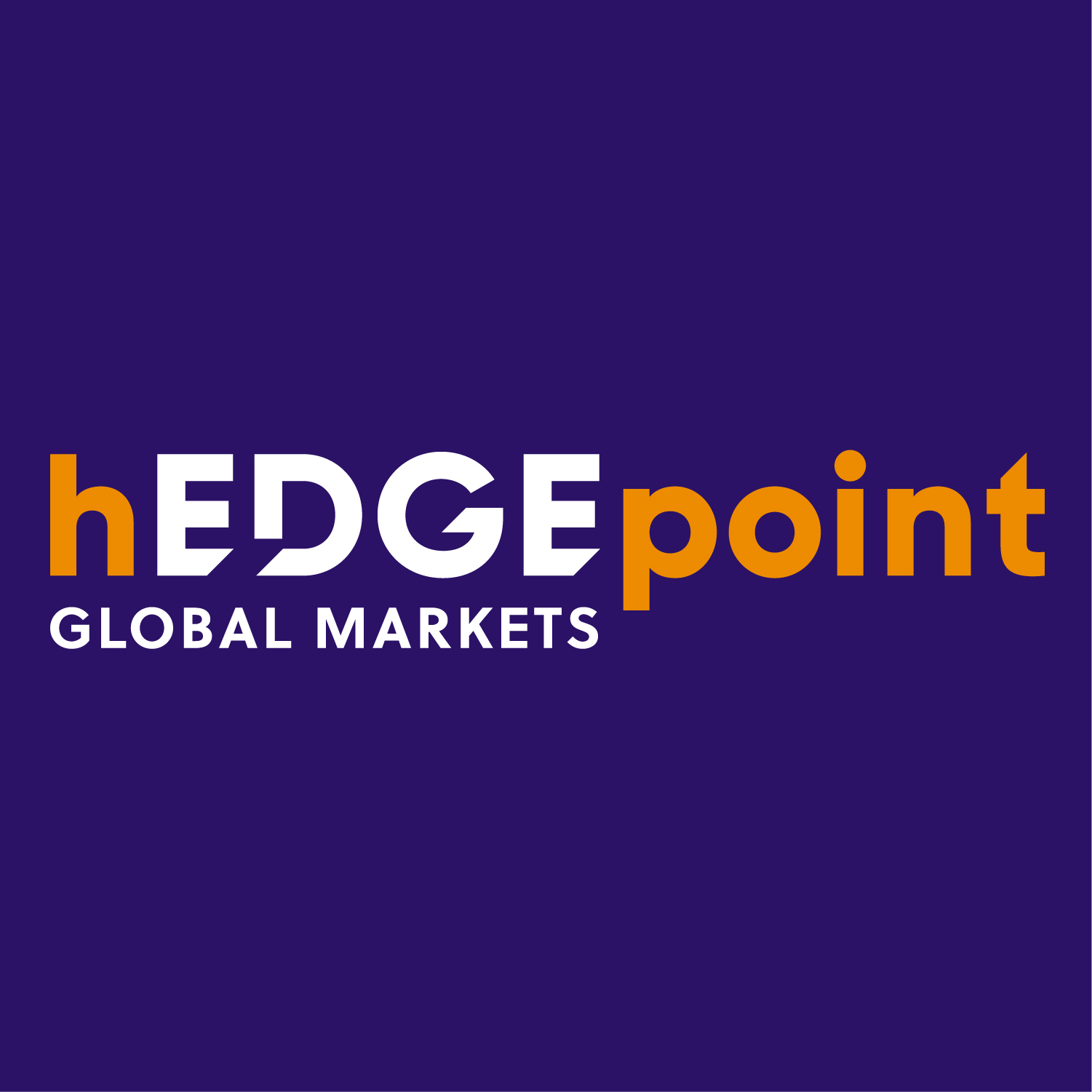How does hEDGEpoint participate in Asia's commodity markets?
hEDGEpoint’s Head of Desk, Matthew Darvin, discusses the company’s operations in Asia, the continent’s role in commodity markets, and how to manage risks in the sector.
hEDGEpoint strategically covers the whole globe, and possesses in-depth experience with the global chain of agricultural and energy commodities. According to Matthew Darvin, Head of Desk at hEDGEpoint who operates in Asia, this continent stands out due to its significant growth during most of the last 20 years:

“The focus is on bringing education and risk management products to the Asian continent as well. Thus, we can give companies the ability to learn and understand the risks in their businesses. With hEDGEpoint, it’s possible to implement assertive strategies to manage uncertainties in global markets, which may be neglected by large financial institutions,” Darvin explains.
Just to exemplify Asia’s importance in the commodities market, take a look at China: the country is the second largest economy in the world, with a GDP of US$ 11.2 trillion, as indicated by the International Monetary Fund (IMF). The USDA (United States Department of Agriculture) projects global soybean production at 410.59 million tons, with imports by China reaching a level of 100 million tons.
The Asian giant is also the world’s largest importer of wheat, estimated at a total of almost 12 million tons imported in the 2022-23 harvest, the highest level since the 1995/1996 harvest, when it imported 12.5 million tons. Regarding corn, the USDA points out that world production of the commodity will reach around 1,147.5 million tons, a value that represents a drop of 5.6% compared to the 2021-22 harvest, with China demanding around 18 million tons as the main importer.
Asia: The world’s development motor
Asia holds 61% of the world market, with emphasis on China, India, Indonesia, Japan, and South Korea, which are already consolidating themselves as the globe’s major consumers in the future. There’s a wide range of commodities imported to and exported from the continent. The Head of Desk at hEDGEpoint considers Indonesia, Vietnam, and Thailand to play leading roles in terms of exports:
“The first is the world’s largest producer of palm oil and coal; the second is a major coffee exporter; while the third is an important sugar producer”.
It also highlights the representativeness of these emerging economies, which have achieved significant ascension in the last two decades, yet are still incipient in terms of the need for risk management. Research by Cepea corroborates Darvin’s position, finding that soy meal, for example, served a greater diversity of markets, with Indonesia, Thailand, and Vietnam participating as the main buyers.
Other Asian countries that have maintained a good share of world commodity imports are Japan and South Korea. Soybean imports by Japan in the 2023/24 marketing season were estimated at 3.206 million tons, according to the USDA. In South Korea, imports should reach 1.3 million tons in 2023/24, the same level as the previous harvest.
India also stands out as the second largest wheat producer in the world, harvesting around 107 million tons annually. This number represents 13.5% of the globe’s production, as indicated by the Indian Ministry of Commerce. Most of this crop is destined for domestic consumption. On the other hand, China and Southeast Asia import massive amounts of raw materials, notably agricultural products from South America and the United States, as well as energy products from the Middle East.
Accelerated expansion brings challenges: Proximity is strategic
For Darvin, the greater participation of Asian nations in commodity markets creates challenges, such as the gap that exists between corporate development and knowledge of the best practices in this sector. Among them, it reinforces the importance of implementing risk management programs, essential in minimizing intrinsic threats to a company’s supply chain. Hence, he argues for the need for risk management providers such as hEDGEpoint to reach out more to these countries.
Asia is a strategic point for companies that operate in commodity markets. “The relationship with China means access to an expressive consumer demand and an enormous amount of capital and wealth that are invested throughout the region. A large part of the commodity trade flow in the region moves to and from that country,” Darvin emphasizes.
In addition, he commented on the importance of Singapore, which serves as a major trading hub as it’s “home to many commercial entities involved in commodity trading, transportation, and logistics, and which serve to facilitate the movement of commodities to and from China.” The country also attracts merchants of all types who obtain tax and corporate incentives.
hEDGEpoint manages risk at a global level
hEDGEpoint is present on five continents to connect the local needs of each sector to the global context, while democratizing access to risk management knowledge. In all, it works with over 50 different commodities, multiple currencies (FX), and over 400 hedging products. The actions always work in favor of the client, bringing together a team of experts.
In sum, we provide hedging products based on innovation, technology, and insight, enabling the best experience in all processes. We offer protection against the risks found in the agricultural and energy commodity chains, always with analysis and intelligence studies to offer the best results in futures operations. Financial products are customized, helping to limit stock fluctuations, and protect against variations related to commodity prices.
If you prefer, feel free to talk to a hEDGEpoint specialist today, and find out in detail how we can work to help manage your business risks in this market.






